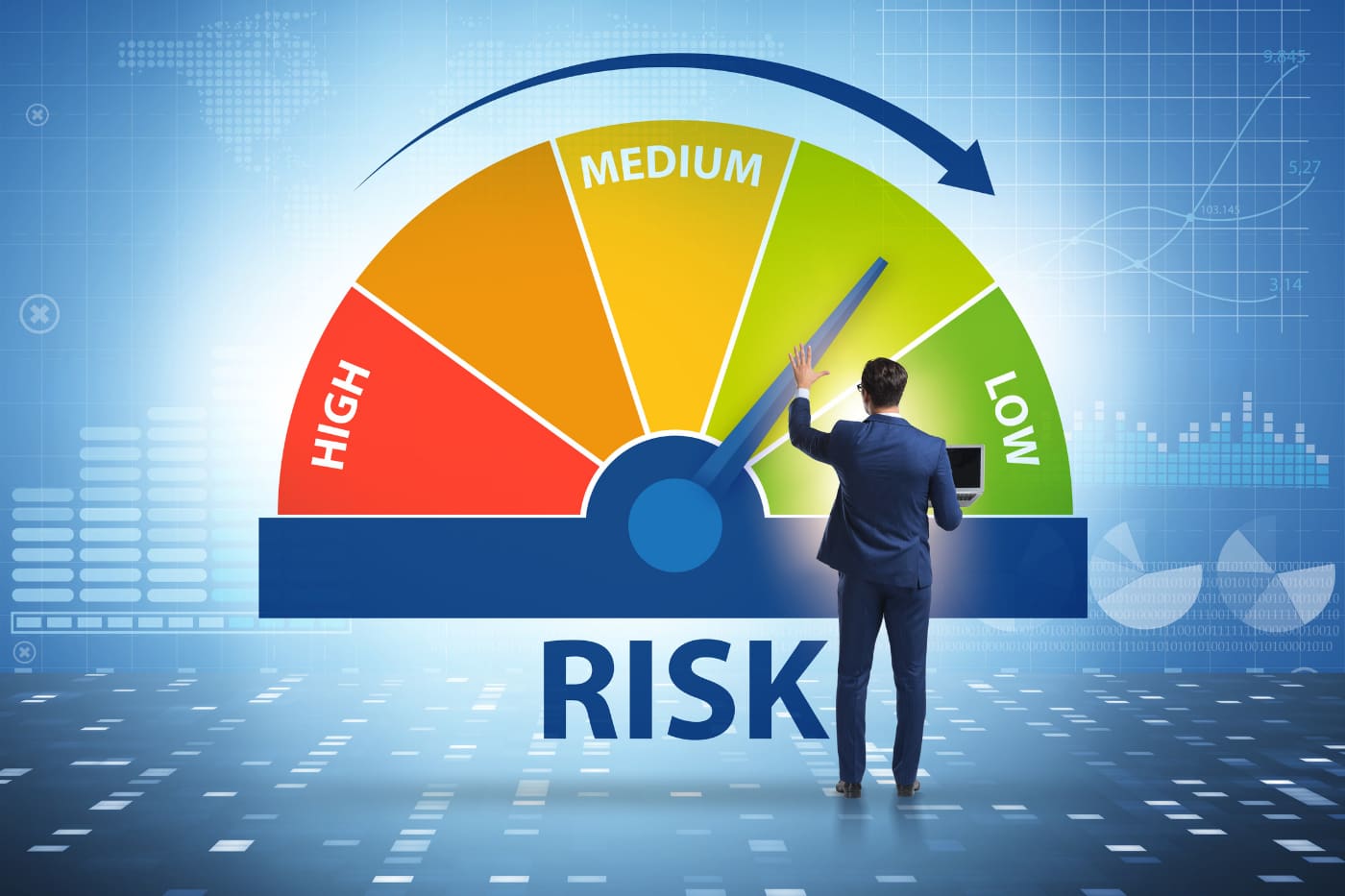Virus Related Business Insurance in the wake of the COVID-19 pandemic, the world has witnessed unprecedented disruptions to businesses of all sizes and sectors. Many enterprises faced revenue losses, operational challenges, and, in some tragic cases, complete shutdowns. This unforeseen crisis has underscored the importance of having comprehensive insurance coverage, including virus-related business insurance, to mitigate potential losses and uncertainties.
This article delves deep into the world of virus-related business insurance, exploring what it is, how it works, the challenges businesses have faced in acquiring coverage, and the evolving landscape of insurance in a post-pandemic world. We’ll also provide insights into best practices and considerations for businesses looking to secure robust coverage against viral threats.
Understanding Virus Related Business Insurance
What is Virus-Related Business Insurance?
Virus-related business insurance, often referred to as “pandemic insurance” or “infectious disease insurance,” is a specialized form of coverage that protects businesses from financial losses resulting from the outbreak of contagious diseases or viruses. This insurance aims to cover various expenses and losses incurred by businesses during a pandemic or epidemic situation, such as loss of income, increased operational costs, and related liabilities.
Why is it Necessary?
The necessity for virus-related business insurance became glaringly evident during the COVID-19 pandemic. Many businesses, both small and large, found themselves struggling to survive due to forced closures, reduced consumer demand, supply chain disruptions, and various other pandemic-related issues. Insurance helps these businesses mitigate the financial risks and challenges that come with such unexpected events.
The Evolution of Virus Related Business Insurance
Historical Context
Historically, business insurance policies rarely included coverage for pandemics or infectious diseases. Instead, insurance primarily focused on covering risks such as property damage, liability, and other more common perils. However, the COVID-19 pandemic has fundamentally reshaped the insurance industry’s approach to pandemic-related risks.
The Impact of COVID-19
The COVID-19 pandemic has had a profound impact on the insurance industry. It exposed the significant gaps in business insurance policies, leading to various legal disputes and a call for more comprehensive virus-related coverage. Insurance companies faced challenges in handling a large number of claims, which forced many of them to reassess their policy structures and offerings.
Challenges in Acquiring Virus Related Business Insurance
Insurability Challenges
One of the major challenges in acquiring virus-related business insurance is the question of insurability. Contagious diseases, by their nature, are unpredictable and widespread, making it difficult to calculate and underwrite risks accurately. Insurers struggled to provide coverage for these highly uncertain events, especially after the outbreak had already occurred.
Premiums and Coverage Limits
Another hurdle businesses face is the cost of premiums and coverage limits. After the pandemic, many insurance companies increased their premiums, making coverage less affordable for some businesses. Moreover, coverage limits have been reevaluated, with some insurers capping payouts at levels that may not cover a significant portion of a business’s losses.
Exclusions and Policy Wording
Businesses also encountered challenges in understanding the policy wording and exclusions. Policies often contained ambiguous language regarding pandemic coverage, and many businesses were surprised to find that their claims were denied based on specific exclusions or policy interpretations.
The Post-Pandemic Landscape in Virus Related Business Insurance
Regulatory Changes
In response to the challenges posed by the pandemic, regulatory bodies in some regions have started considering changes to insurance regulations. These changes aim to clarify policy wording, improve transparency, and establish standardized approaches to coverage for pandemic-related risks.
New Insurance Products
The insurance industry is also responding by developing new insurance products specifically tailored to virus-related business risks. Some companies are offering parametric insurance, which pays out based on predefined triggers such as the occurrence of a certain number of COVID-19 cases within a defined geographic area.
Risk Mitigation and Preparedness
The COVID-19 pandemic has prompted businesses to reevaluate their risk management strategies. In the post-pandemic world, companies are focusing more on risk mitigation and preparedness, including securing virus-related insurance coverage, implementing improved hygiene protocols, and diversifying supply chains to reduce vulnerability.
Best Practices for Businesses
Assessing Your Needs when considering Virus Related Business Insurance
To determine the right virus-related business insurance coverage, businesses should conduct a comprehensive risk assessment. This assessment should include evaluating the nature of the business, its geographic location, industry-specific vulnerabilities, and its financial resilience.
Reviewing Policy Wording in Virus Related Business Insurance
It’s crucial for businesses to thoroughly review the policy wording to understand the scope of coverage, exclusions, waiting periods, and payout triggers. Legal and insurance professionals can help in interpreting policy language.
Risk Mitigation Strategies of Virus Related Business Insurance
In addition to insurance, businesses should develop and implement risk mitigation strategies. This may include disaster recovery plans, flexible supply chain management, and investing in technology and infrastructure that can adapt to changing circumstances.
Periodic Reviews of Virus Related Business Insurance
As the insurance landscape continues to evolve, businesses should periodically review their insurance coverage to ensure that it aligns with their evolving risk profile and business operations.
Conclusion on Virus Related Business Insurance
Virus-related business insurance has emerged as a crucial component of risk management for businesses in the post-pandemic world. While the challenges of acquiring coverage remain, regulatory changes and new insurance products are reshaping the landscape.
As businesses adapt to the lessons learned from the COVID-19 pandemic, they must strike a balance between insurance coverage, risk mitigation strategies, and financial preparedness. By doing so, they can better position themselves to withstand future viral threats and other unforeseen events.





